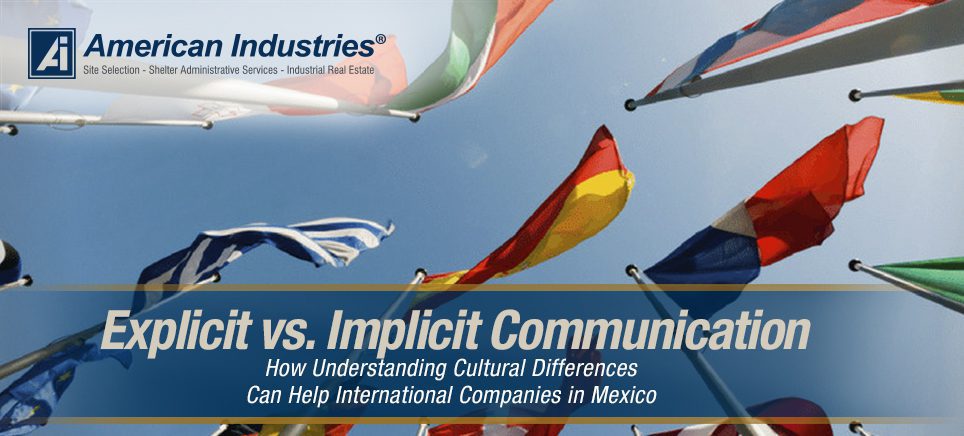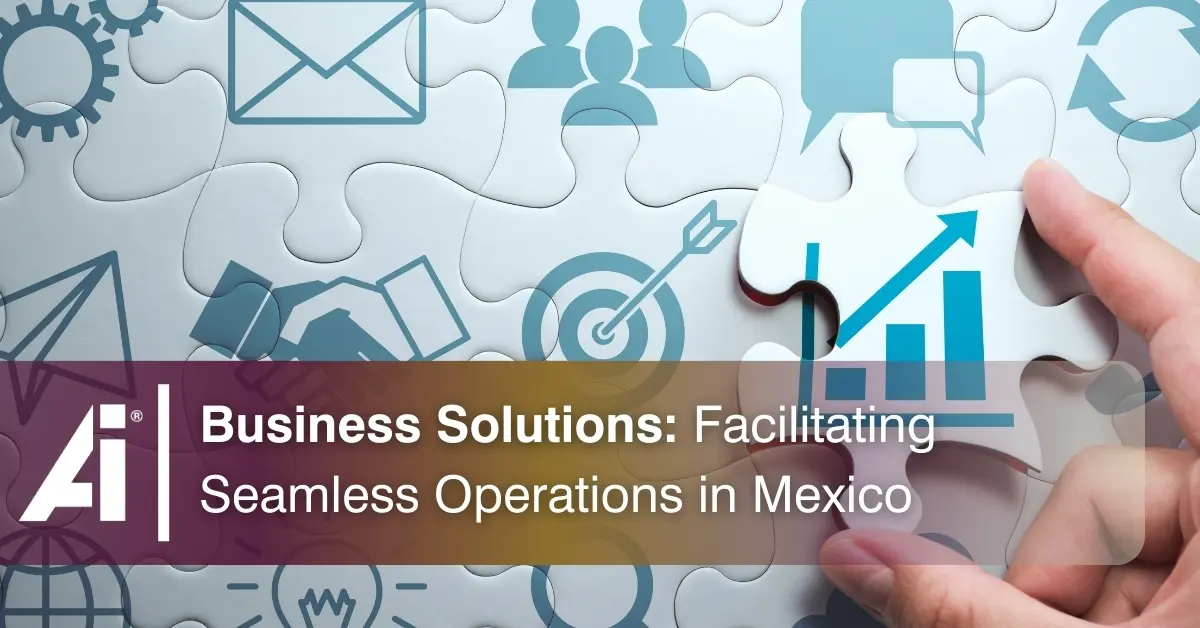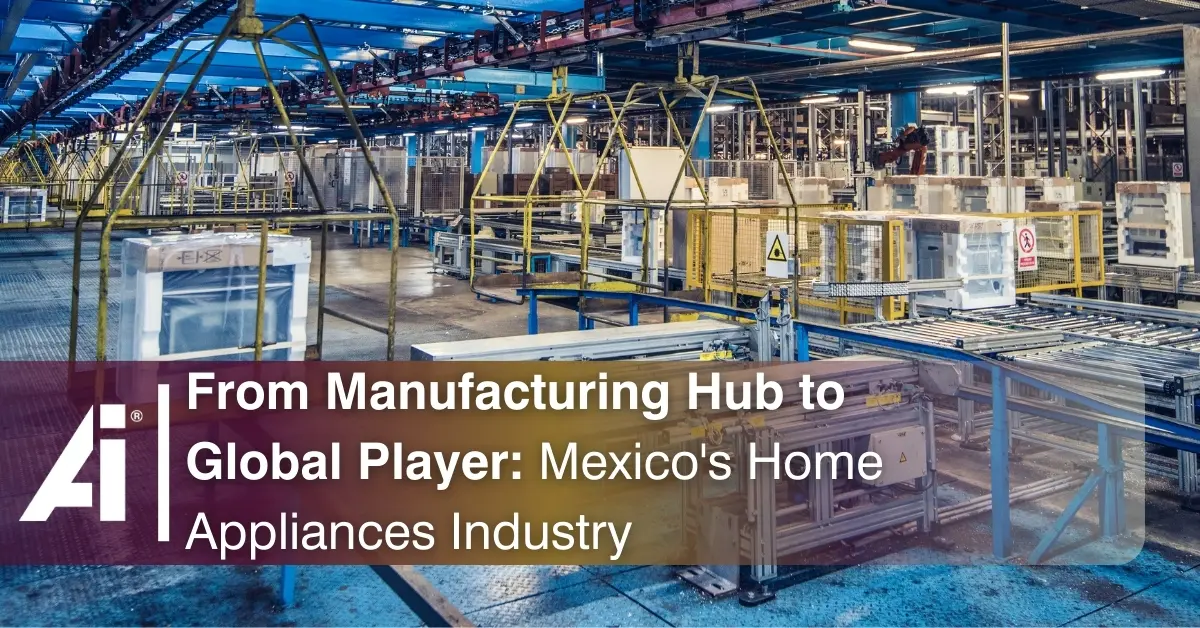
Explicit vs. Implicit Communication: How Understanding Cultural Differences Can Help International Companies in Mexico
Regardless of your industry—whether you want to start up business in Mexico, start up manufacturing services in Mexico, or participate in the aerospace industry in Mexico—effective communication with business partners and services providers is a key factor in ensuring the success of your operations. When establishing new business relationships, it’s important to consider not only language, but also cultural differences, which can impede smooth negotiations and cause misunderstandings when not handled properly.
One framework that is helpful when approaching the intercultural communication required when establishing operations in Mexico is that of high and low context cultures. This concept refers to a continuum that measures how explicitly or directly messages are exchanged and the importance placed on context, which includes many non-verbal aspects of communication such as gestures, body language and relationships.
As you can see from the chart below, European and North American cultures are generally more low context cultures, whereas Latin American, Middle Eastern and Asian cultures tend to be high context. In general, Mexico is considered to be a high context culture. Though not as high context as Japanese or Chinese cultures, understanding the unspoken rules of communication in Mexico can help people from more low context cultures, such as the United States or Europe, to ensure that their messages are interpreted in the manner they intended.
Tips for more effective communication in high context cultures:
- Be patient. Understand that things can take longer than you might expect. This applies to everything from a business lunch (which can sometimes even turn into a dinner) to the pace people walk down the street. In general, high context cultures have a polychronic perception of time, where time is viewed more fluidly than with the monochronic view of low context cultures, where time is divided into precise units and viewed in a more linear manner.
- Be conscious of your body language. Many times we might not even notice when we cross our arms while sitting in a meeting (which conveys that you are resistant or closed-off) or standing with our hands on our hips during a conversation (which suggests hostility or aggression), but these non-verbal cues are much more important than we might think in intercultural communication, especially when there is also a language barrier and people need to rely more on non-verbal cues in order to interpret your message.
- Engage in small talk. Before addressing any business issues, always make sure to properly and formally greet (usually with a handshake) everyone in the room and open the conversation by asking people something about themselves, the weather, or how their family is doing. By taking the time to get to know people, over time you build rapport and trust, allowing people to be more receptive to you and your message when the time comes to give it.
- Don’t make implicit messages explicit. In high context cultures, it is rarely necessary to make implicit messages, that can be understood by context or common sense, explicitly. One example of this in the many ways people tend to avoid saying a direct “no” to an invitation or when something is offered. In general, the word “no” is very harsh, even offensive, and there are many ways that this is conveyed without the need to actually say “no.”
As you can see, with high context cultures, such as in Mexico, there is more emphasis placed on unspoken communication, context and relationships. Information is very rarely conveyed in a direct manner, and in fact, being too direct can even be considered rude. This means that everything, including business negotiations, can take longer, as the parties want to take the time to establish rapport, learn about your family and interests, and in general, establish personal ties before doing business.
Traits of low context cultures to keep in mind.
- In general, people from low context cultures are less skilled at interpreting unspoken messages, as they are used to a more direct style of communication, and can become confused or frustrated when they don’t receive a concrete response to what they view was a clear question.
- Importance of punctuality and schedules. Though this is of course not always true, people from low context cultures place a higher value on punctuality, and though this is something that varies greatly from organization to organization and place to place, people from a low context culture are more focused on time and keeping to a set schedule than letting things flow naturally, allowing as much time as is needed for a meeting or event.
- They are “to the point.” People from low context cultures view both time and communication as being more linear and will always tend to want to directly express wants, needs and expectations, and presume others will do the same. They value efficiency and want to always do things in the most organized and practical manner, and can get lost or struggle to understand the roundabout way people from high context cultures tend to communicate.
Despite all the challenges we face in intercultural communication and international business, it is relevant to remember a quote from the film focusing on international business that won the 2020 Academy Award for Best Documentary Feature, American Factory: “…we are one big planet. A world somewhat divided, but we’re one… we are one!”
By actively working to understand your counterparts, you can successfully bridge the gaps that cause misunderstandings and bring the world together through business, industry and forming and strengthening cultural and economic ties, including establishing your operations or offshore manufacturing in Mexico or somewhere else.

Information taken from the book The Silent Language by Edward Hall.
Source: http://enasshr.blogspot.com/2011/03/saving-face-in-high-context-cultures.html

Information taken from the book The Silent Language by Edward Hall.
Source: https://www.quora.com/What-are-the-norms-in-low-context-culture
By Isaías Rivera Albarrán, American Industries Mkt & Business Development Manager
Subscribe
US toll-free: +1 (877) 698 3905
CAN toll-free: +1 (844) 422 4922
start@americanindustriesgroup.com
Please note that we do not accept job applications here. If you are interested in applying for a position, please visit the following link: https://www.americanindustriesgroup.com/jobs/






